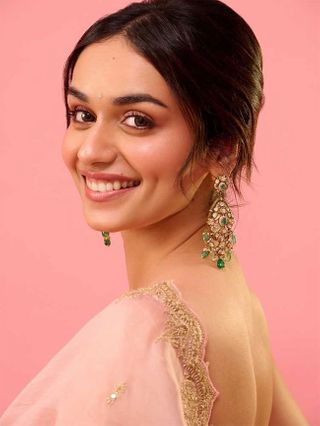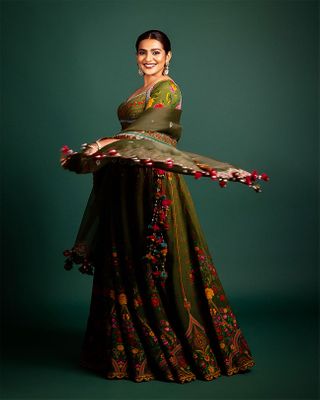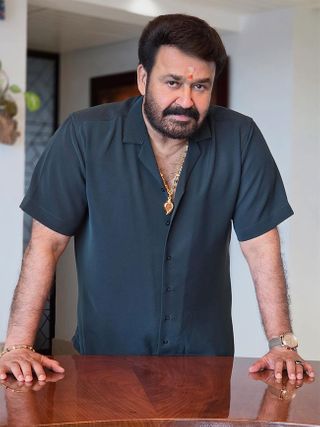King Arthur Movie Review
What could have prompted a studio as immense as Touchstone Pictures that thrives on making blithe family films to go so dreadfully medieval? "King Arthur" is like "Troy" without the aura of glamour and mystique.
Sure, the war scenes - with hundreds of junior artistes shooting fiery arrows in the sky that fall to the ground in combustive splendour - are done with a zest fit for epics.
But the sabre-rattling "Braveheart"-meets-"Gladiator"-meets-"Troy" presentation never goes beyond a half-baked homage to all the spectacular period epics from Stanley Kubrick's "Spartacus" in 1960 to all the costume dramas that have come and gone in the last two years in an effort to revive the grandeur of the eras gone by.
Arguably, "King Arthur" is the most impotent period film in recent times. The conflicts between Arthur's band of swordsmen and the Roman empire is reduced to a one-on-one between good and evil.
There is no effort whatsoever to explore the grey region even on a surface level. Everyone is busy either being noble or being scummy. Where's the middle ground?
The characters are all heroes and villains. This makes it easier for screenwriter David Franzoni, who co-scripted "Gladiator", to fill the spaces in the frames with a blizzard of sound and fury - signifying nothing.
The Romans are all demented or devious. Arthur's men are at the most raunchy.
When the film opens, Arthur's men are sent off on one last mission by Roman villains to rescue a priest from the marauders. Predictably Arthur rescues Guinevere (Keira Knightley), whose broken fingers he mends. Then she proceeds to dart saucy looks at him from her cart while he rides next to her.
If this were a Hindi film, she would sing a song. Given Hollywood's sober and matter-of-fact parameters of romance, the two are soon shown pulling off each other's clothes.
The trouble with this medieval mess is its twisted vision of territorial anarchy. In his effort to contemporise the Arthurian legend, director Fuqua turns the epic on its head.
The villain (Stellan Skarsgard) resembles an ageing rock star, while the hero is so unobtrusive as to seem like a junior artiste who's standing in for the leading man.
The hand that wields the camera never stops flashing on screen. The flamboyant fights are staged to woo and win audiences who have grown up playing video games in the neighbourhood parlour.
Hans Zimmer's overpowering music saturates the soundtrack. There's no effort to follow the characters' hearts as they fight for their country, honour and identity. Instead they all seem to be heading towards a nemesis that signifies the end of the road for all costume dramas.
As for Keira Knightley battling it out with the men on the battlefield, Kareena Kapoor did it better in "Asoka".









